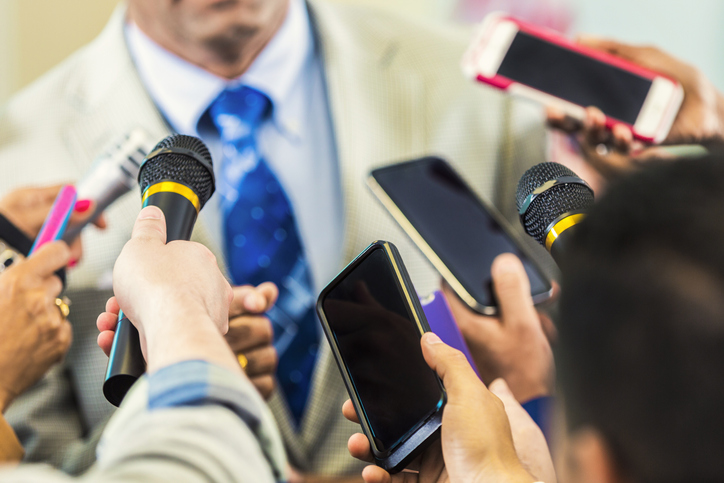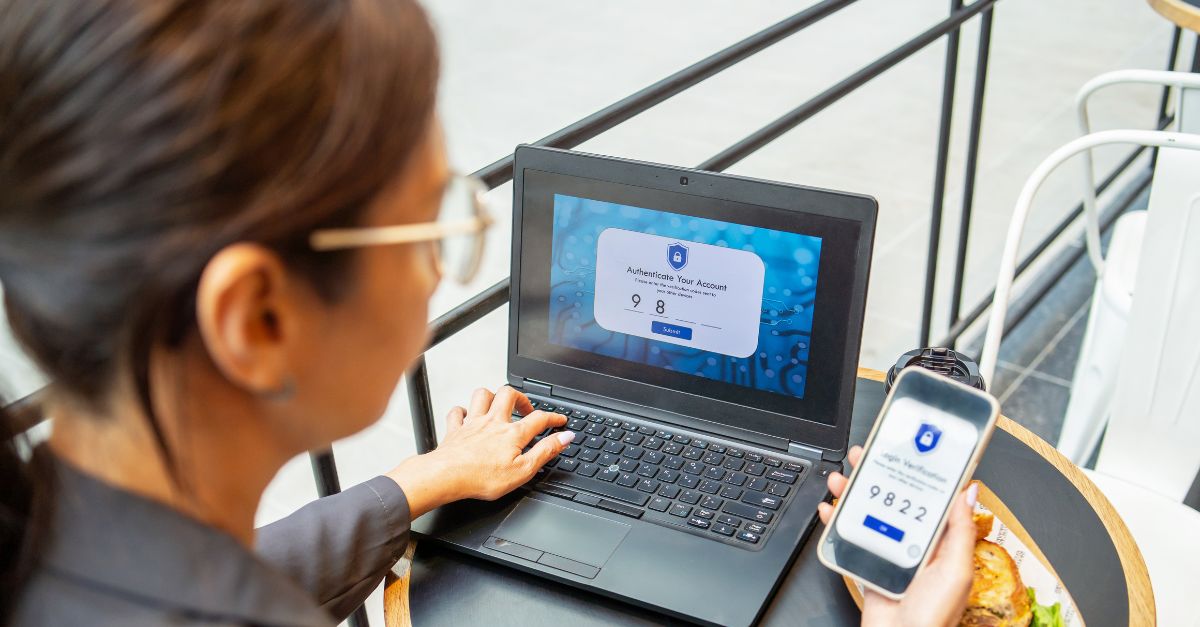Despite the many advancements in democracy, journalists don’t always feel “safe” reporting the truth. Social media has proved how a difference in opinion can lead to giant hate-filled mobs. While managing public opinion is one thing, staying protected from any spiteful deviants is a different matter.
Journalists aren’t the only people who need to watch their backs either. Plenty of companies have angered people in the past – to the degree that even the PR team’s efforts are ineffective. The backlash caused by the company’s actions may spill over onto the PR person and affect their safety. On top of that, PR specialists often handle a lot of sensitive data too.
Technology continues to improve, but so do the hackers. They find new ways to target unsuspecting journalists and PR specialists. Reporters must also consider threats from government agencies or corporations. It can be dangerous for journalists to oust them if they have the resources to retaliate. So it’s become vital for both journos and PR specialists to take their digital privacy seriously.
3 essential digital privacy measures for journalists and PR professionals
1. Use Privacy Tools to Become Anonymous Online
A person’s online browsing habits reveal a great deal about them. That includes their identity, location, and interests. For journalists and PR professionals, it can also reveal quite a bit about their work. That’s why these professionals should consider adopting privacy tools to become anonymous online.
- Try Alternative Browsers: Chrome may be convenient, but other browsers may be more privacy-oriented. TOR is the only browser that provides a high level of anonymity that’s hard to crack. Yet, it also tends to be slower and limited in its capabilities. Commercial browsers as Firefox and Brave also offer improved privacy features, but additional privacy tools are necessary when using them.
- Use a VPN: Almost anyone can intercept what others are doing online. All it takes are the right tools and knowledge. Also, entities like ISPs, government agencies, and advertisers can track what people do. Virtual private networks (VPNs) prevent that from happening. What is a VPN? It’s a service that routes a connection through a private server and encrypts it. This way, it prevents outsiders from peeking in. That includes ISPs.
- Install Privacy Extensions: Private browsers and VPNs already provide plenty of layers of protection and anonymity, but some extensions can help too. HTTPS Everywhere, for instance, ensures that the connection always uses a secure protocol. While that won’t stop most spying forms, it can prevent a few types of attacks that allow attackers to get past other safeguards. Then there’s also NoScript and ScriptSafe. Both limit how JavaScript works, so it doesn’t collect data.
2. Use Secure Email & Messaging for Communication
It’s not only online browsing sessions that must be out of the reach of malicious entities. Other communication forms may also be at risk. Journalists use both emails and messaging platforms to communicate with informants or leads. PR specialists also use them to talk to team members, fellow employees, and the media. So they must be protected too.
- Secure Messaging Platforms: There are many secure messaging platforms available today. These ensure that messages are end-to-end encrypted. Some even have additional privacy features. For example, they delete messages after a certain period of time. Look towards apps like Telegram and Signal for increased privacy. Messenger isn’t a bad option either.
- Securing Email Clients: While some email clients are better than others when it comes to privacy, they can still do with a helping hand. Email encryption can be tricky. Just ask Glenn Greenwald, who famously almost lost his story on Snowden by not following email security instructions properly. An open-source encryption tool like GNU Privacy Guard is a good idea if you are looking for a PGP encryption. There are also S/MIME certificates for email security that enable encryption and allow you to digitally sign your emails to counter spoofing and phishing attacks.
3. Make 2FA a Priority
No matter how careful a person is, there’s still a chance that someone will hack their accounts. That is why having a strong and unique password for every account, while very important, is not enough. Two-factor authentication (2FA) provides a simple but powerful method of internet safety. It secures accounts against password theft and brute-force or dictionary attacks. 2FA is a safeguard that requires a second form of verification, usually a one-time code. That said, make sure to keep following the rules for strong passwords as well.
Conclusion
Both journalists and PR specialists have good reasons for protecting their privacy. Don’t think of it as being paranoid, but instead look at it as preparing for any threat to privacy. A journalist or PR professional might feel they “have nothing to hide.” Yet there are still plenty of good reasons to make digital privacy a priority.
Note: This blog article was written by a guest contributor for the purpose of offering a wider variety of content for our readers. The opinions expressed in this guest author article are solely those of the contributor and do not necessarily reflect those of GlobalSign.







